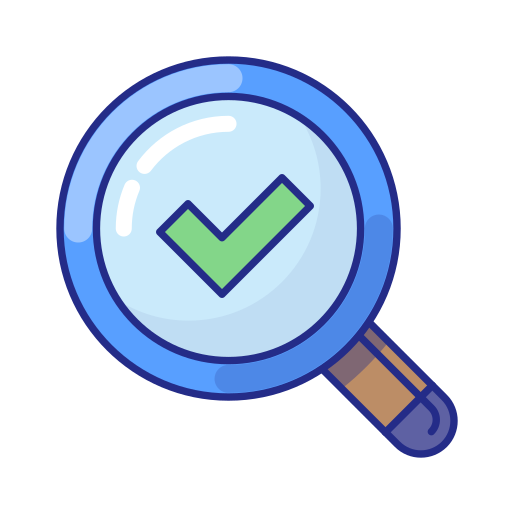Blockchain gaming projects have grown from being niche entities used by tech-savvy gamers into a burgeoning ecosystem that pushes the boundaries of gaming, allowing professional and casual players to monetize the time spent playing games. In addition, blockchain gaming has now expanded its horizons even further with the advent of gaming guilds.
These gaming guilds help bring investors, players, and creative individuals together, helping to maximize the potential of P2E (play-to-earn) gaming. With the formation of new guilds, there’s been a significant centralization of data and the creation of data silos.
However, gaming guilds are not the most enthusiastic dispensers of data and don’t always want to share data about their players with others. This is where Itheum comes into the picture, bringing data ownership to the players and allowing them to take control of their data. In this manner, Itheum further incentivizes players to willingly share data with guilds.
Let’s take a closer look at gaming guilds, how they function, and how Itheum can unlock their true potential.
Gaming Guilds Defined
Blockchain gaming guilds are similar to traditional gaming guilds, essentially representing an alliance between individuals built around a common interest. In this case, the common interest is around blockchain-based games. Blockchain guilds are typically represented by a host of Decentralized Autonomous Organizations (DAOs) that work together, collectively acquiring, using, managing, and monetizing assets from popular titles such as Axie Infinity, Star Atlas, Zed, Guild of Guardians, The Sandbox, Decentraland, and others.
Guilds simplify the process of procuring and sharing blockchain game assets, making it safer and more efficient. Moreover, they help lower the entry barrier for new players (and scholars who borrow game assets to play games and share earnings with guilds), helping them explore and come to grips with popular titles without high upfront costs while also ensuring that assets remain secure and optimally utilized.
In crypto, P2E guilds consist of investors, gamers, and managers that act as intermediaries, purchasing in-game assets in the form of NFTs (Non-Fungible Tokens) and then leasing them to thousands of players to utilize, play, and earn yields by using them in their respective virtual worlds. Guilds profit from these earnings, often reinvesting them back into their respective ecosystems.
As a whole, gaming guilds enable communities to participate and assume a more active role within their communities. In addition, they provide members with an equal chance of participating in the metaverse, making in-game NFT assets easily accessible.
Problems & Downsides
As with most initiatives, crypto gaming guilds also come equipped with their own sets of issues. One of the primary concerns is the volatility around NFTs — the main problem is that the value of a crypto gaming guild token is highly dependent on the yield generated by the NFT asset. This could make it unstable, meaning that holding such a token could have considerable risk involved.
The second risk involved is the potential failure of the crypto gaming sector, where its failure would bring down all crypto gaming guilds given they’re entirely dependent on the gaming market for continued success and development.
Another risk factor is the popularity of games played by crypto gaming guilds themselves. If the popularity of the game plummets, for whatever reason, then there could be a significant drop in yields.
How Itheum Gives Control Of Data Ownership To Players
As mentioned earlier, the burgeoning popularity of the P2E economy has led to a significant spurt in the formation of gaming guilds, with each entity hoping to attract players and managers to their platform. However, the emergence of these guilds has also led to the problem of centralized data silos. The data held within these silos is crucial and could be extremely beneficial to players, managers, and scholars. Therefore, it becomes essential to unlock the information, creating an open marketplace where interested parties can access this data.
This also holds true for other metaverse platforms such as Decentraland and The Sandbox, which have significant data stored and locked away within their ecosystems — unlocking of data is key to metaverse interoperability. This is where Itheum’s Gaming Guild and Data Insights and Player Passport programs come into the picture, harnessing datasets and insights from gaming guilds and unlocking them for users. Itheum is able to give players ownership of their data, allowing them to control their data and how they share it. Players are then incentivized to share their data with guilds, allowing this approach to collectively benefit players, guilds, and games.
A Look Ahead
P2E games are completely changing the gaming landscape — crypto gaming guilds are at the forefront of this movement, offering opportunities to the community to broaden their approach to making money in the virtual world.
Brands and creators are just beginning to realize the potential of crypto games. Gamers have an excellent opportunity to join prominent gaming guilds and make the most of the time spent playing games.
With Itheum’s Gaming Guild and Data Insights and Player Passport programs, individuals across the globe can access open datasets and insights from gaming guilds and metaverse platforms and create an open market for data-driven value transfer between platforms.

You can check if you are not dealing with a scam
Check now

 @elrondwiki.elrond
@elrondwiki.elrond